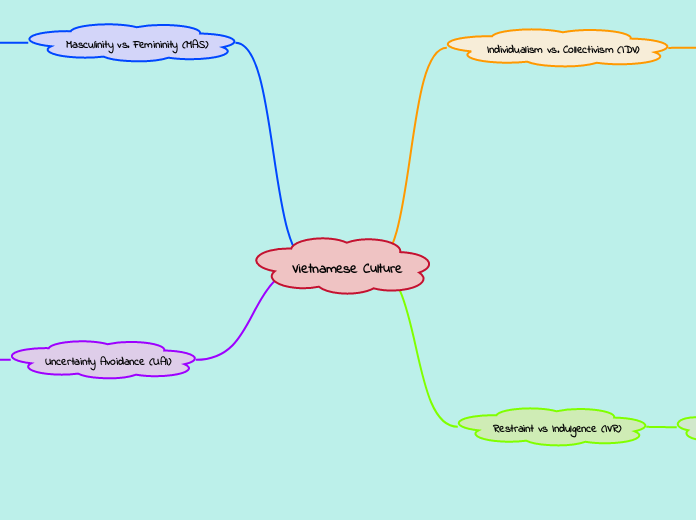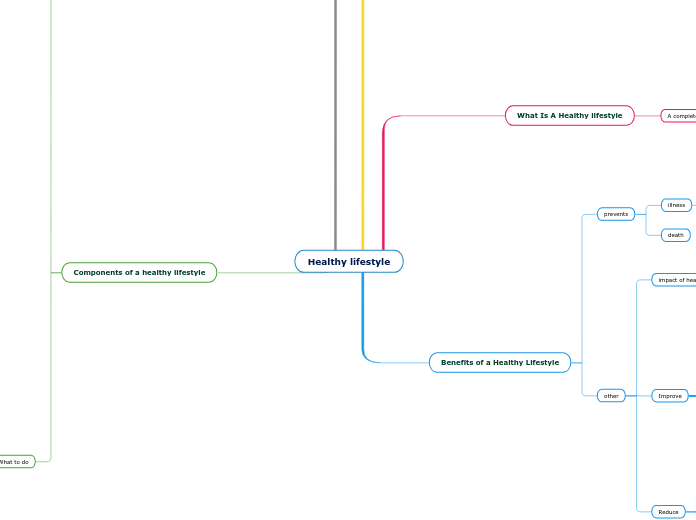" 'Do not use dishonest standards when measuring length, weight or quantity. Use honest scales and honest weights, an honest ephah [d] and an honest hin. [e] I am the LORD your God, who brought you out of Egypt.
Rabbi Hautzinger says that lying is wrong but as long as we have a conscience about it then we can still achieve a life of honesty and humility. The most important thing is to try to be honest with people and stay true to yourself and your beliefs
Rabbi Roh says that this verse is truly describing how to be your true self. The verse tells us to be true in our lives and to not tell lies. Also its telling us to not be overly confident about our life. Meaning: don't brag about your personal accomplishments and to be honest with yourself and others.
Rabbi Weaver wisely says that this passage can be applied to a student at Creighton Prep's life in a number of different ways. One: students must not create fake lunch tickets, even if the length, weight, and capacity are the same. Two: students must not copy one another's homework, because they are falsifying their own honest work. Three: Students should not park in faculty parking spaces, because they have not gained enough length, weight, or capacity to do so.
Wise Rabbi Morgan agrees with Rabbi Weaver's point, because honesty is one of the most important virtues. However, he believes that Rabbi Weaver should stay out of the affairs of a Jesuit high school.
Rabbi Novotny thinks Rabbi Weaver is taking the length, weight, capacity deal far to literally in the lunch ticket example.
Stoll agrees with novotony that is to literal of an interpretation.
Rabbi Weaver is not happy with Rabbi nOVOTNY's disagreeance of his viewpoint, especially after he backed him up on his ludicris football argument. Obviously, seeing as the Torah is the word of G_d, we can take it literally.
Rabbi Novotny regretfully infroms you that he is not a fundamentalist and so believes in an interpretation of the Torah, not a literal view. I do, however, back your other two examples.
Rabbi Weaver will continue to back his views that the word of G_D is infallibly true, but thanks Rabbi nOvOtNy for his support on the other matters.
The Exalted Rabbi Quint is unsure as to the ability of man to acess any of God's statementson how literal or not they are
Ahh Rabbi Novotny Monk Ashok wonders when this should considered at literal and when it should be figurative
Monk Ashok frowns upon Rabbi Weaver's arguement. No ticket has a honest weight. but merely a honest mass.
Rabbi Beerman thinks this passage is too vauge to be practical applied
Rabbi Pope says that this passage is saying that we need to live our lives telling the truth not in lies. This can be applied to Prep students because we at Prep are taught to tell the truth in everything we do.
Rabbi Stockfleth agrees with this definition. Prep teaches it's students to be men for others, which includes honesty.
Rabbi Tippery says this passage is saying that we should not pretend to be something we are not. This can throw our life off balance, and in the end people will see what you really are, a liar. If we remain honest about who we are, people will be more inclined to accept us.
Rabbi Petrich agrees with this interpretation, also along with accepting us, people will also trust us, and reach out to us knowing that we can be truthful.
Rabbi Stockfelth says that this passage signifies all aspects of honesty, academic or otherwise. Therefore, credit should be given where credit is due. Here at Prep, credit for something such as homework should be given to the student who actually studied, not the one who copied the answers.
Rabbi Tippery agrees with Rabbi Stockfleth in that only credit should be given to people that actually do work in any part of life. The lazy and the cheaters do not deserve to be recognized for their actions.
Monk Ashok Realizes that his arguement is too specific. Monk Ashok places this verse on every object he encounters and nods his head. ^.^
Monk Ashok believes that this verse can be applied to prep students. When a student cheats on a exam he doesn't provide an "honest weight" i.e. the answers are not his own. ergo this verse works yar.
rabbi spanheimer thinks that monk ashok is not getting the whole message. he is only applying it to school life, but this can also apply to everyday situations as well.
The Exalted Rabbi Quint would reply to Rabbi Spanheimer's statement saying that in order to fully understand this passage's meaning, one can begin to understand by appying its message to limited areas, i.e. school
Rabbi Novotny says that this passage is telling us not to be braggarts. Be humble and give credit to those who deserve it instead of exxagerating your own feats and abilities. For example if a kid makes a good block in a football game give him that credit instead of saying it was you who spun out three guys to get the 50 yard run.
Rabbi Weaver agrees with Rabbi nOVOTNY on the matter. He thinks that all sports teams could apply this verse to their training and sportsmanship in order to function more as a unit of God, instead of being seperate egotistical members. United we stand, divided we fall.
Rabbi Novotny also thinks this passage is about showing respect, as in writing one's peer's name correctly.
Rabbi Weaver wishes to send a message to Rabbi nOVOTNY on his insubordinate actions, namely, disagreeing with a mentally older, wiser Rabbi.
Rabbi Novotny wisher to inform you that he is by far wiser and older by a whopping 5 days
Tests hypothesis and find that Novotny is indeed exactly 5 days and 3 hours older than rabbi weaver
The Exalted Rabbi Quint would like to emphasize that age does not equal wisdom. The Exalted Rabbi, for example, is likely the youngest, yet among the wisest here!
Soo true Buddha is young and enlightened QED
The Exalted Rabbi Quint would disagree as one's name has nothing to do with any kind of measure or balance
Monk Ashok Agrees blindly
MaiRabbi Hautzinger says that lying is wrong but as long as we have a conscience about it then we can still achieve a life of honesty and humility. The most important thing is to try to be honest with people and stay true to yourself and your beliefs
n topic
Rabbi Petrich says that this passage is saying that we should not live our lives in lies. We should not lie to get ahead in life, we should live our lives in total honesty because that is the best policy. The more you lie the harder it is to cover up, life is much more easier when you tell the truth.
Rabbi Roh also agrees with Derek and John because to live a life in a lie is to not live a true, fulfilled life. Lying is outlawed in the ten commandments and therfore it should be unanimous to be honest with yourselves and others.
Rabbi Wertzberger agrees with this because if we do live a life of truth, people will trust us more and we will live good lives. However, if we do the opposite, our lives will be miserable.
Rabbi Spanheimer says that this passage is saying that we need to be honest in everything we do. not just be honest on tests but also in life. In order to live a peaceful life you need to be well rounded and be honest in everyday activites. this can be applied to prep students because we are taught to be honest not just in school but outside school as well.
Rabbi Pope agrees with Rabbi Spanheimers passage because we do need to be honest in everything we do because it will make life easier. We have to be honest not only on tests but be honest with everything you do
Rabbi Beerman disagrees with Spanny and Pope. Obviously we should be honest and obviously we ought to be honest. I don't think any source, especially any scripture would disagree with the virtue of honesty. This is easier said than done though. Look at the way people actually behave at Prep. Can you say that honesty is actually an important part of the average Prepsters worldview, let alone actions? Its important to look at the way people actually apply this text to real life, or more importantly, how they fail to do so.
Rabbi Wertzberger says that this passage is saying that we must not spread lies or half-lies. For example, if you were to advertise a product, it would be sinful to say false information or half truths about it. As students at Creighton Prep, one of the things that we are taught is to avoid living lies and instead living lives that are full of truth and honesty.
Rabbi Quint would disagree with this initerpretation, instead the Exalted Rabbi would say that this applies more to measures used by all, not to be applied to an individual's words.
Rabbi Strutzel says this passage is saying you should not distort information and be truthful about everything ini any situation. This relates to prep students because there are many opportunities when a student can be dishonest to make things easier for themself.
Rabbi Morgan says that this verse is saying that a person must accept their weaknesses and be honest in what they do and how they act. One should be truthful to who they are, for the sake of living fulfilled life as himself.
Rabbi Strutzel agrees with this interpretation. This not only teaches one to be honest but to accept their own weaknesses and not try be something they aren't.
I think that this excerpt from leviticus is telling us to be truthful in everything we do. Also that we should not try to build ourselves up dishonestly.
Rabbi Siert says that this passage was only written to be interpreted literally. We must not cheat others out with false measurements. Their God brought them out of Egypt. The least they could do is not cheat others out.
Main topic









